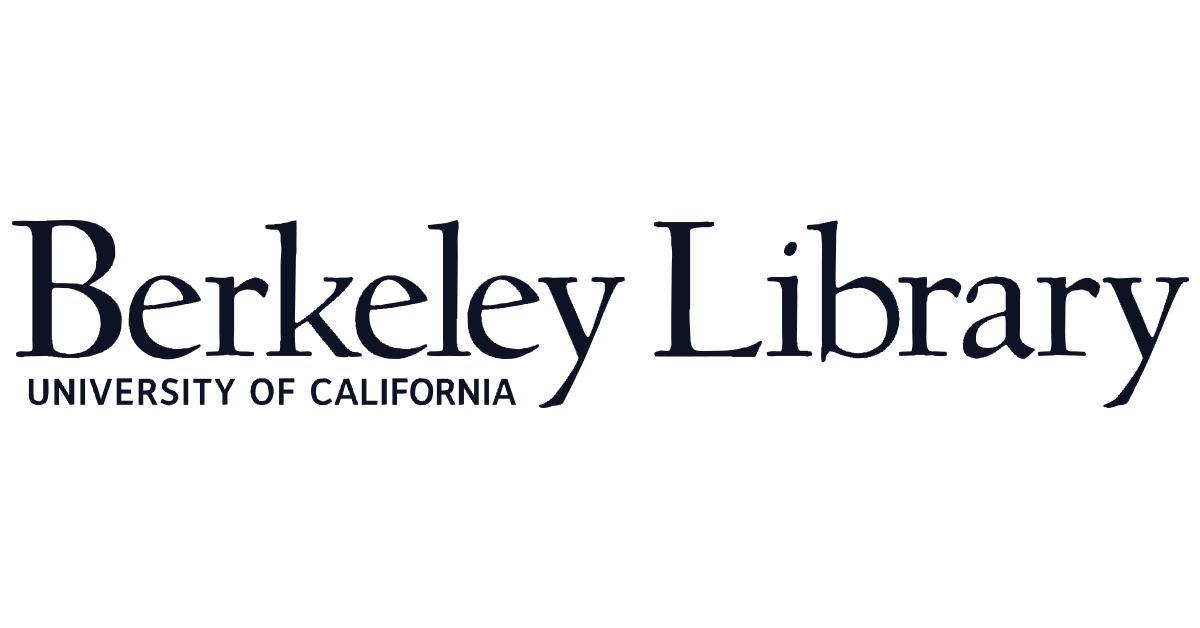Structuration de la société civile camerounaise : défis, enjeux et perspectives au Cameroun
DOI:
https://doi.org/10.5281/zenodo.15879843Keywords:
Civil society, structuring, public policies, consultation, accountabilityAbstract
This article analyzes the growing role of civil society organizations (CSOs) in Cameroon’s economic, social development and governance since the 1990s. The liberalization of the legal framework and governance reforms have enabled CSOs to become key actors, particularly in supporting public initiatives and structuring local organizations. At the African level, civil society emerged from the democratic movements of the 1990s, becoming an important partner for international donors in implementing development policies. However, despite significant investment from capacity-building programs such as PASOC, tangible results have been slow to materialize, partly due to recurring criticisms regarding the competence, transparency, and effectiveness of CSOs. This situation raises questions about the adaptation of civil society support strategies to local realities and underscores the need to rethink these approaches to foster the emergence of credible, autonomous, and sustainable actors. The article thus aims to examine the structural challenges faced by CSOs, assess the achievements of ongoing programs, and explore ways to strengthen the impact and legitimacy of civil society through more inclusive, contextualized, and transparent strategies.
Downloads
Published
How to Cite
Issue
Section
License

This work is licensed under a Creative Commons Attribution-NonCommercial-NoDerivatives 4.0 International License.























